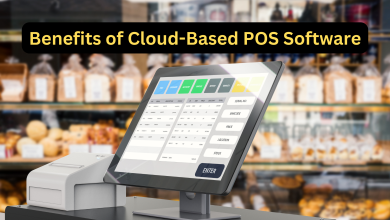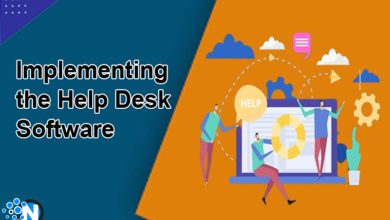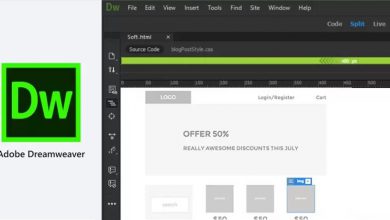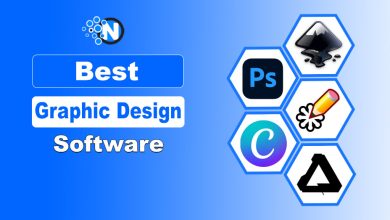What is CRM Software? Features, Benefits, and Best Practices
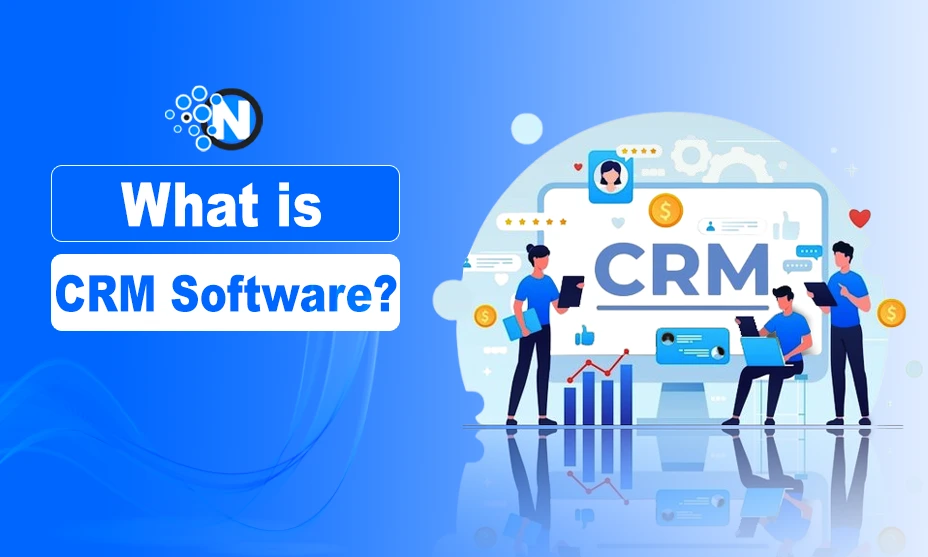
Whether you are a small business looking to organize customer data or a large enterprise which aims to scale operations? Remember that you have to invest in the right CRM system as it is a step towards long term success.
Customer Relationship Management (CRM) software has become an essential tool for businesses of all sizes. It helps manage interactions with current and potential customers along with streamlining sales processes which can improve customer satisfaction, and drive business growth.
In this blog post, I have detailed what CRM software is, its key features, benefits, and best practices to maximize its effectiveness.
What is CRM Software?
CRM (Customer Relationship Management) software is a technology designed to manage a company’s relationships and interactions with customers, prospects, and other business contacts.
At its core, CRM software stores customer information such as contact details, communication history, purchase records, and service issues. It enables businesses to track interactions across different channels like emails, phone calls, social media, and more.
CRM systems are widely used in sales, marketing, customer support, and even operations to manage relationships efficiently.
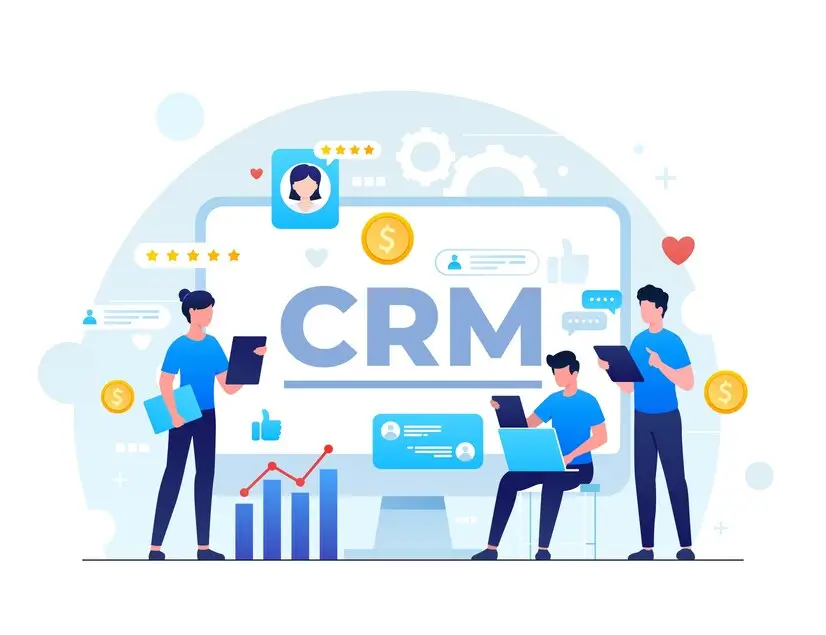
Key Features of CRM Software
A good CRM system offers a variety of features to meet the diverse needs of businesses. I have used so many CRM systems throughout my career. However, not all of them have delivered the same sort of benefits I looked for.
With time, technological advancements have brought improvements in the functioning of CRM systems and I also tested numerous ones. Surprisingly, I got to know about the features that should be present in such software.
In the under section, I have mentioned some of the most important features to look for:
1. Contact Management
- What it does: CRM system stores and organizes customer information such as names, phone numbers, email addresses, social media profiles, and communication history.
- Why it matters: It helps businesses keep track of every customer interaction. Hence, it makes it easier to personalize communication and build stronger relationships.
2. Sales Management
- What it does: You can track sales opportunities, manage pipelines, forecast revenue, and monitor sales team performance.
- Why it matters: You can get insights into the sales process and help teams close deals faster and more efficiently while identifying potential bottlenecks.
3. Lead Management
- What it does: Captures, tracks, and manages leads from various sources. As a result, you will be able to assign them to the right sales representatives.
- Why it matters: Improves conversion rates by nurturing leads through the sales funnel with targeted follow ups and timely communication.
4. Marketing Automation
- What it does: Automates marketing tasks such as email campaigns, social media posts, and targeted ads based on customer behavior.
- Why it matters: Enhances marketing efficiency, saves time, and ensures the right audience receives personalized, relevant content.
5. Customer Support and Service
- What it does: Manages customer inquiries, support tickets, and service requests efficiently through a unified platform.
- Why it matters: Ensures timely responses and high customer satisfaction that lead to better retention rates and improved brand loyalty.
6. Analytics and Reporting
- What it does: Provides insights into customer behavior, sales performance, marketing campaigns, and overall business metrics through dashboards and reports.
- Why it matters: Helps make data driven decisions, identify trends, and measure the effectiveness of business strategies.
7. Workflow Automation
- What it does: Automates repetitive tasks such as follow-up emails, task assignments, and data entry.
- Why it matters: Reduces manual work, minimizes errors, increases productivity, and allows teams to focus on more strategic activities.
8. Integration Capabilities
- What it does: Integrates with other tools like email clients, accounting software, social media platforms, and e-commerce sites.
- Why it matters: Creates a seamless workflow across different departments to improve efficiency, data accuracy, and collaboration.
9. Mobile Access
- What it does: Offers mobile apps or responsive designs for managing CRM functions on the go.
- Why it matters: Empowers sales and support teams to access critical information anytime, anywhere. Ultimately, it enhanced responsiveness and flexibility.
10. Customization
- What it does: Allows businesses to customize the CRM to their specific processes, fields, and workflows.
- Why it matters: Ensures the system aligns with unique business requirements to enhance usability, effectiveness, and user adoption.
Benefits of CRM Software
When I implemented CRM software, it transformed the way my business was operating because it offered numerous benefits across various departments. That’s why I am here with this section on the benefits of using CRM software. This is the point where you can decide whether you have to utilize its potential for your company or not
1. Improved Customer Relationships and Sales Efficiency
CRM software centralizes customer data and enables businesses to understand their needs and preferences better. This leads to personalized interactions which helps in building stronger relationships and customer loyalty.
These software systems also free up time for sales teams to focus on closing deals by automating tasks like follow ups and lead assignments. Sales pipelines are also more organized. As a result, it guarantees that no opportunity is missed.
2. Enhanced Customer Retention and Team Collaboration
With tools like automated reminders, personalized communication, and proactive support, CRM helps maintain long term relationships with customers and reduces churn rates.
Additionally, CRM software serves as a centralized database accessible to multiple departments. Sales, marketing, and customer support teams can collaborate effectively for consistent communication with customers.
3. Data Driven Decision Making and Optimized Marketing Campaigns
CRM systems provide detailed reports and analytics alongside giving insights into sales trends, customer behavior, and campaign performance. This data helps businesses make informed decisions.
Besides, CRM enables highly targeted marketing campaigns with increased ROI by segmenting customers based on behavior, preferences, and demographics.
4. Streamlined Workflows and Scalability
Automation of routine tasks reduces manual errors and increases efficiency. Workflows become more streamlined with CRM software as they allow teams to focus on strategic activities.
As businesses grow, CRM systems can scale to accommodate increasing data volumes, new processes, and expanding teams without significant overhauls.
10. Regulatory Compliance and Cost Effectiveness
Many CRMs offer tools to help with data protection and privacy compliance (like GDPR). As a result, they reduce legal risks for businesses handling sensitive customer information.
While there’s an initial investment, CRM reduces costs in the long run by improving efficiency, increasing sales, and reducing customer acquisition costs
Best Practices for Using CRM Software Effectively
To maximize the benefits of CRM software, businesses should follow certain best practices. Here are some key recommendations:
- Define Clear Goals: Before implementing a CRM system, identify what you aim to achieve. Whether it is improving sales conversion rates, enhancing customer support, or automating marketing. When you are having clear objectives, you can find great comfort in the CRM setup.
- Choose the Right CRM Solution: Not all CRM systems are created equal. Consider factors like business size, industry, budget, and specific feature requirements. Popular CRM tools include Salesforce, HubSpot, Zoho CRM, and Microsoft Dynamics.
- Train Your Team: CRM adoption can fail if users are not properly trained. You should offer comprehensive training sessions to ensure all team members understand how to use the system effectively.
- Personalize Customer Interactions: Use CRM data to customize your communication. Address customers by name, refer to their purchase history, and offer solutions based on their specific needs.
- Integrate with Other Tools: Integrate your CRM with other business tools like email platforms, accounting software, and marketing automation tools for a unified system.
Final Thoughts
These are the details about CRM software along with its benefits, features, and best practices to use. Remember that it is not just a simple tool. It is a strategic asset that helps businesses manage customer relationships, optimize processes, and drive growth.
With features ranging from contact management to advanced analytics, CRM systems resonate with various business needs. When implemented with clear goals and best practices, CRM software can transform customer interactions, boost sales, and enhance overall business efficiency.

